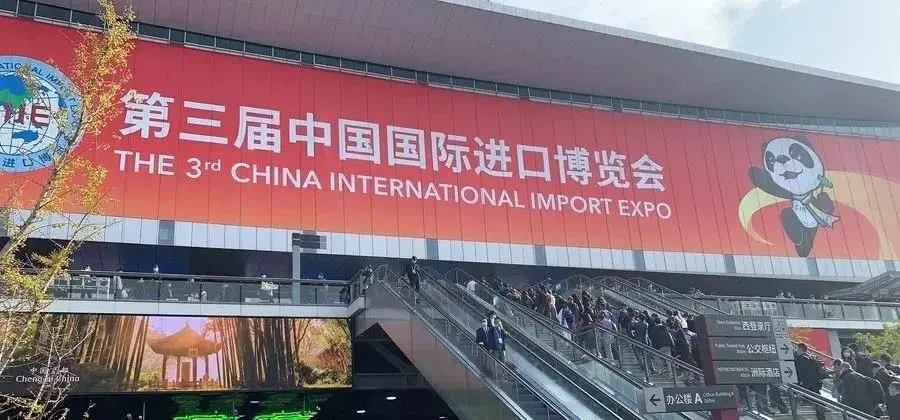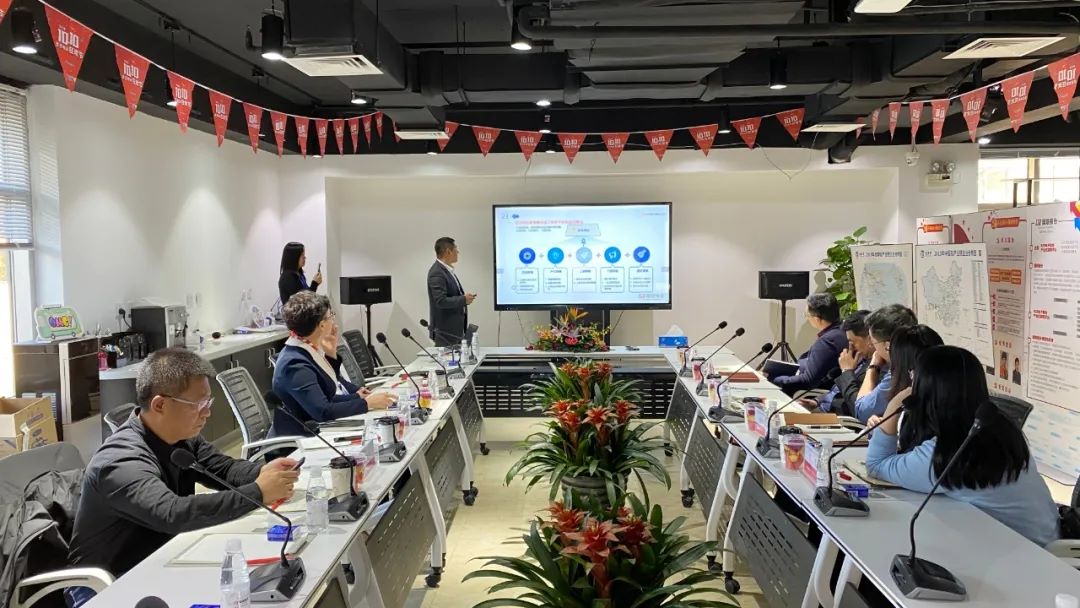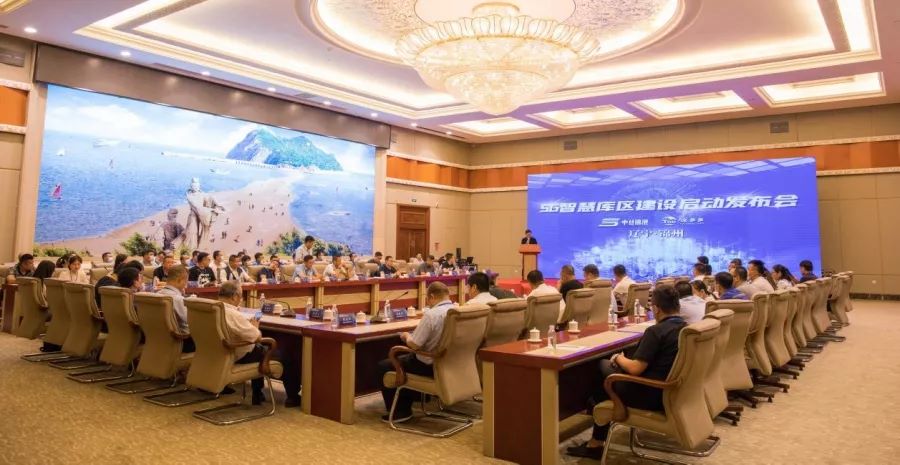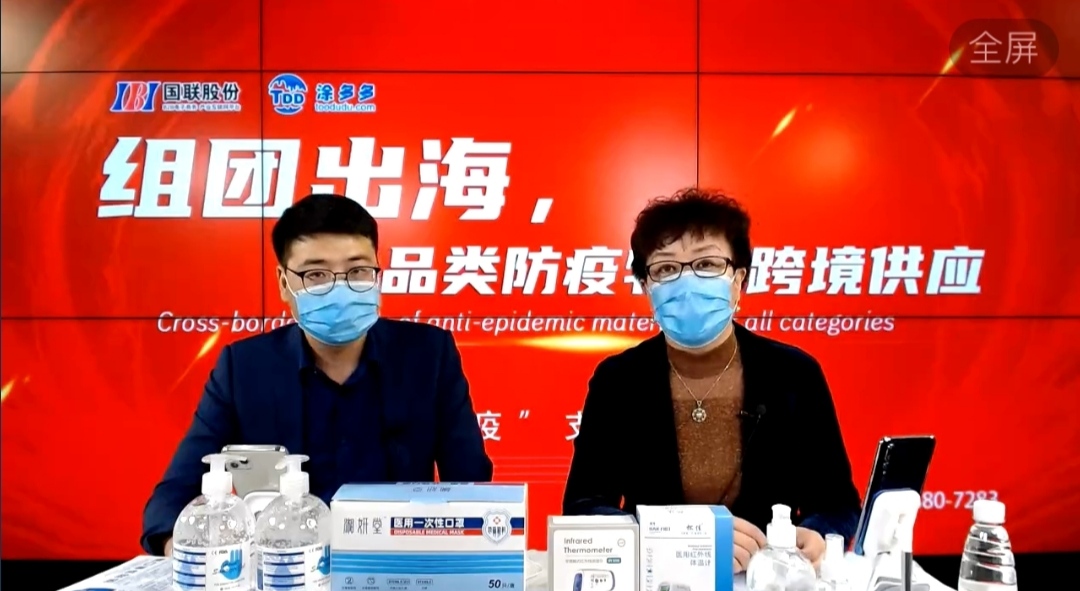The Power Trio: Who Really Controls China's Tire Industry?
After 2013, there are only three "forces" left in China's tire industry - state-owned enterprises, private enterprises and foreign enterprises.
2013 also marked the beginning of the transformation of China's tire industry.
In the chaos, the three forces each relied on their own abilities to "occupy the mountain as the king". But who occupies more and bigger mountains? Will China's tire industry still be divided into three parts in the future?

State-owned enterprise forces in China's tire industry
State-owned tire companies have always been the cornerstone of China's tire industry.
From the 1950s to the 1990s, state-owned tire factories became the "mainstay" of China's tire industry technology. From bias tires to all-steel radial load-bearing tires, and then to semi-steel tires, as well as the realization of supporting cooperation with automobile OEMs, they are inseparable from the technical breakthroughs and operational breakthroughs of state-owned factories. Even many well-known tire companies in China have received help from state-owned tire factories in the last century.
For example, Double Coin Group provided technical support to Dongfeng Tire Factory and Hangzhou Rubber Factory in the 1970s and 1980s respectively; these two factories later developed into the leading enterprises in China's tire industry, Doublestar Group and Zhongce Rubber.
Even the state-owned tire factory turned the dream of "selling tires to the world" into reality. It can be said that with the strong support of the state, the state-owned tire factory has not only laid the foundation for the development of China's tire industry, but also become the pioneer of China's tire overseas 1.0. As of now, among the top 75 Chinese tire companies in the world, 9 of the 35 listed Chinese tire companies are state-owned enterprises.
Double Coin Group, a subsidiary of Shanghai Huayi Holding Group Co., Ltd., ranked 22nd among the top 75 in the world in 2024, up one place from 2023. Guizhou Tire is a state-owned enterprise controlled by the Guiyang State-owned Assets Supervision and Administration Commission. Its predecessor was Guizhou Tire Factory, which was founded in 1958 and is one of the earliest tire companies in China. In 2024, Guizhou Tire ranked 25th in the world.
With a breakthrough of 25% in tire sales in 2023, Guizhou Tire achieved a ranking improvement of 5 places in 2024. Sichuan Haida belongs to the super-large state-owned enterprise group, Sichuan Yibin Wuliangye Group Co., Ltd., and ranks 39th in the world in 2024.
Fengshen Co., Ltd. is affiliated to China National Chemical Rubber Co., Ltd., a key state-owned enterprise supervised by the State-owned Assets Supervision and Administration Commission of the State Council, and ranks 40th in the world in 2024. On June 29, 2022, Fengshen Co., Ltd. received a letter from its controlling shareholder China National Chemical Rubber Co., Ltd. on the completion of the acquisition of 38% equity of Prometeon Tyre Group S.r.l. (hereinafter referred to as "PTG") by the rubber company.
The announcement shows that China National Chemical Rubber signed an agreement with High Grade (HK) Investment Management Limited on December 30, 2021 to acquire its 38% equity in PTG. Wanli Tire is a large state-owned enterprise affiliated to Guangzhou Industrial Investment Holding Group Co., Ltd., and ranks 42nd in the world in 2024.
In 2025, Wanli opened its first overseas base, a Cambodian project with an annual production of 10 million semi-steel radial tires and 1.2 million full-steel radial tires. Doublestar Group is a state-owned holding enterprise under Qingdao City, ranking 46th in the world in 2024.
In 2018, Doublestar Group took 45% of the shares and control of Kumho Tire. In 2023, Kumho Tire, a subsidiary of Doublestar Group, had a revenue of US$3.096 billion, ranking 13th, and Doublestar Tire had a revenue of US$658 million, ranking 46th. The combined sales of the two brands were US$3.754 billion, ranking in the top ten tires in the world.
Chaoyang Langma's largest shareholder is Chaoyang Yankong State-owned Capital Operation Group Co., Ltd., which ranked 51st in the world in 2024. At present, Langma Tire's annual production of 200,000 sets of engineering tires is under full construction, and it is reported that the first phase of equipment has been put into operation.
In addition, there are reports that Chaoyang Langma is also considering investing in Egypt to build a new overseas production base. Yanchang Rubber belongs to Shaanxi Yanchang Petroleum (Group) Co., Ltd., and ranks 63rd in the world in 2024.
Fengyuan Tire belongs to Shandong Energy Group, a large energy enterprise group, and ranks 65th in the world in 2024. At present, state-owned enterprises are still the backbone of China's tire industry.
Private enterprises support the "ten-year change" of China's tires
After 2013, China started to upgrade the tire industry, and more private tire companies came to the center of the stage. Who do private enterprises listen to? Of course, they listen to the boss. However, because of this, the bosses of private enterprises bear greater pressure-the direction of enterprise development, the arrangement of product portfolio, and the whole factory are listening to the boss's arrangements. However, this also brings private enterprises an advantage-fast execution ability.
It is this advantage that has driven Chinese tires to open the era of going overseas 2.0, that is, the era of factories going overseas. In 2012, Sailun's first shovel of soil in Vietnam officially opened the trend of overseas factory construction for tire companies in mainland China. Of course, it is precisely because of the overseas production capacity that Chinese tire companies have created several new "routes" in the subsequent global blockade for more than ten years.
At the same time, Chinese private tire companies are also the first to start the migration of production capacity to Europe, Africa, and North America. It is Chinese tire companies such as Linglong, Sentury and Sailun. Tire companies with "one person's final say" can turn around more quickly in the wind and rain, or continue to move forward.
Therefore, in the ten years from 2014 to 2023, the fastest performance growth and the most rapid growth in production capacity are Chinese private tire companies-in 2023, the sales of China's four little dragons of tires, of course, the four largest private tire companies in China, all exceeded 20 billion yuan. In 2024, the performance of the four little dragons is still rising.
Zhongce's sales exceeded 40 billion yuan, and Cheng Shin Rubber's sales reached 21.48 billion yuan. In addition, China's four largest and best-performing private tire companies also made bolder investment decisions in 2024.
Zhongce Rubber's Indonesian factory put the first phase of the project into production on December 18, 2024, and its Mexican project is also under construction. Sailun also made capacity investments in Indonesia and Mexico in 2024.
In addition, Sailun also announced the capital increase of the East China Test Site in 2025. It is reported that after the completion of this capital increase, Sailun Group's shareholding ratio in the East China Test Site will reach 57%. This capital increase will help meet Sailun's needs for tire product testing and testing, and provide better support for global tire travel.
Chengshin Rubber made the decision to expand production in its Indonesian and Indian factories in 2023. In 2024, Chengshin Rubber continued to increase its investment in the Indian factory by RMB 2.02 billion to further consolidate its market share in the Indian market.
In 2025, Anhui Zhongqing Construction Group released the situation of Anhui Linglong Tire Co., Ltd.'s annual production of 14 million sets of high-performance radial tires. The Anhui factory is Linglong Tire's seventh factory in China, with a total investment of RMB 5.1 billion.
In addition, Shandong's Senqilin project in Morocco will also be put into production at the end of 2024, and Prinx Chengshan's off-highway tire project is also being promoted. It can be seen that most private tire companies are concentrated in Shandong.
Shandong's unique tire manufacturing advantages and convenient port transportation are indeed conducive to the development of private enterprises. Of course, Shandong people's daring and daring personality characteristics are also conducive to helping companies find ways out and make decisions at critical times to achieve business transformation.
Foreign-funded tire companies have been in the market for 30 years and "there are changes in stability"
Of course, the Chinese tire market must not ignore the "force" of foreign-funded tire companies. Since entering the Chinese tire business in the 1990s, foreign capital has played a different role in every twenty years.
From 1990 to 2010, it was the most glorious 20 years for foreign-funded tire companies. The emergence of foreign faces not only brought more "powerful" products, but also allowed Chinese tire companies to see new manufacturing models and new sales models.
Inspired by the saying "Tires should be made like this! Sold like this!", Chinese tire companies have learned for 20 years! After 2010, the situation changed after Chinese tire companies mastered more advanced manufacturing processes. Chinese tire companies began to "harden" foreign tire companies head-on. In 2024, except for Giti and Hankook, almost all foreign tire companies have been defeated in the Chinese truck tire market.
However, in the passenger car tire market, Michelin, Bridgestone, Goodyear, Continental and Pirelli still have a strong market position relying on brand influence. Michelin and Pirelli, in particular, still hold a huge share of the high-end passenger car tire market.
Therefore, it can be seen that in the passenger car tire market, almost all foreign companies are continuing to deploy production capacity. Having experienced the cruel competition in the Chinese market in the next 20 years, but still not giving up the world's third largest tire consumer market, they can only use good steel on the blade - control the high-end passenger car market share. However, with the rise of Chinese tire brands, how long can foreign tire companies reap the brand dividends?
A new battle among three forces
In 2025, a new round of battles has begun. Will the next decision of private enterprises be to swallow up foreign tire companies? And how much market share can foreign tire companies hold on to in China? After 2035, will the Chinese market evolve into a "melee" of local tire companies? We are waiting for the major tire companies to give us the answer.









